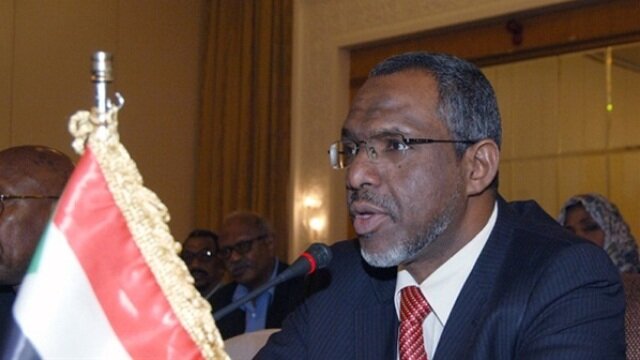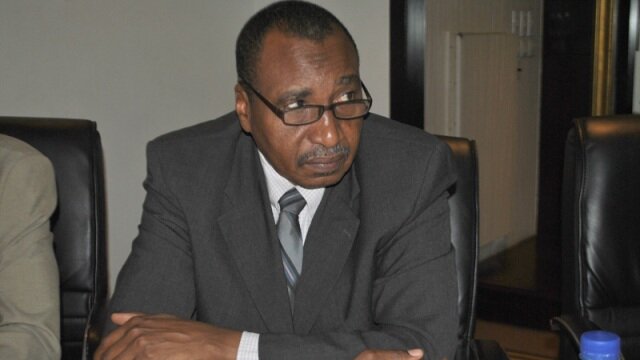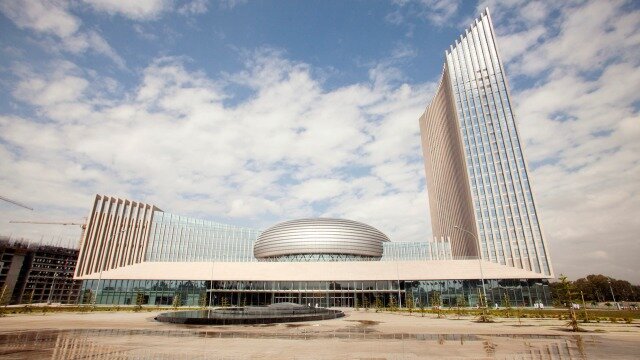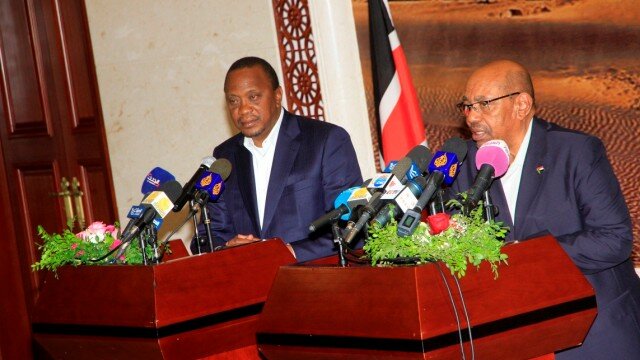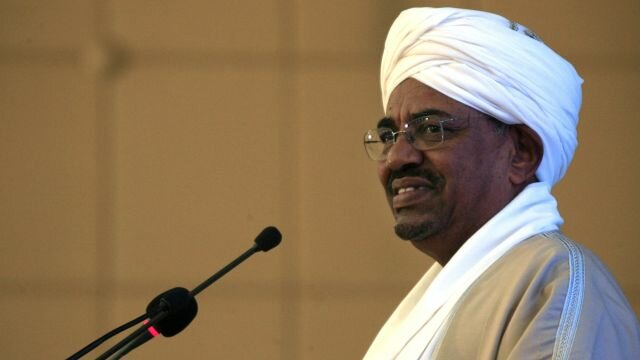
(SMC) It’s a severe blow to the International Criminal Court (ICC) that just six months after the inauguration of its USD 240 million shiny new headquarters, it’s faced with a crisis as African members decide to exit the racially biased court.
The official Sudanese government spokesman, Bilal Ahmed, Minister of Information, said that the movement to exit the court is led by the Sudanese government, represented by the President Al Bashir. He has played a great role in the African countries withdrawal from the ICC, he stressed.
During his weekly address, Bilal said that the Sudan’s systematic rejection of the ICC domination and injustice, is behind the African leaders’ emancipation from the ICC, which is trying to re-colonize the continent.
Gambia has announced its withdrawal from The Hague-based tribunal accusing it of “persecution and humiliation of people of colour, especially Africans”.
Tuesday’s announcement comes after similar decisions earlier this month by South Africa and Burundi to abandon the institution.
The ICC was set up in 2002 and is obviously biased against Africa. It has also struggled with a lack of cooperation, including from the US, which has signed the court’s treaty but never ratified it.
The court had been used “for the persecution of Africans and especially their leaders” while ignoring crimes committed by the West, Sheriff Bojang, Gambia’s information minister, said on state television.
Court in Crises
The court is in crisis, facing the coordinated revolt on the African continent which risks permanently destroying its legitimacy. Among analysts, there is little doubt that more African countries will announce their intention to withdraw in the next few weeks, such as Chad, Kenya and Namibia.
Ironically, in April, the Dutch King ceremonially opened the International Criminal Court’s new headquarters, nestled on the outskirts of The Hague near the North Sea dunes. The building project, which cost more than USD 240 million, aimed to provide the court’s 800 employees a permanent space to pursue their mission.
The ceremony featured speeches celebrating the court’s journey from a lofty idea to a concrete reality. Just six months later, that .
An ICC with few African states would be a shell of its former self. And the governments that provide the bulk of the court’s funding, including Germany, France, Japan and the United Kingdom, would likely question whether their millions of dollars in annual dues are being well spent. They may shift their money and energy toward regional courts and ad hoc tribunals or toward encouraging domestic accountability. And the loss of interest by major financial contributors could force the court to hemorrhage staff and scale back existing investigations.
Racist Court
African leaders were among the court’s strongest advocates when it was created, in part because of the crimes perpetrated during the 1994 Rwanda genocide. The region accounts for 34 of the 124 countries that ratified the Rome Statute.
However, all but one of the ICC’s 10 investigations has been Africa-based. In its 16 year existence, it has only prosecuted African states. Since 2014, the African Union has urged member states not to co-operate with the ICC, accusing it of being racially biased against Africa. Uganda, Kenya and Namibia have also discussed withdrawing from the ICC.
Uganda’s president, Yoweri Museveni, has also become vitriolic toward the court. At his inauguration in May, he called the ICC a “bunch of useless people,” which prompted some Western diplomats to walk out of the ceremony.
The Gambia’s announcement that it intended to withdraw from the ICC came less than a week after South Africa’s. On Wednesday, Gambian Information Minister Sheriff Bojang called the ICC “an International Caucasian Court for the persecution and humiliation of people of color, especially Africans.”
-
S. Sudan Leaders Amass Great Wealth as Nation Suffers, Report Says
-
Council of Ministers Approves Plan on Wheat CultivationNext >
